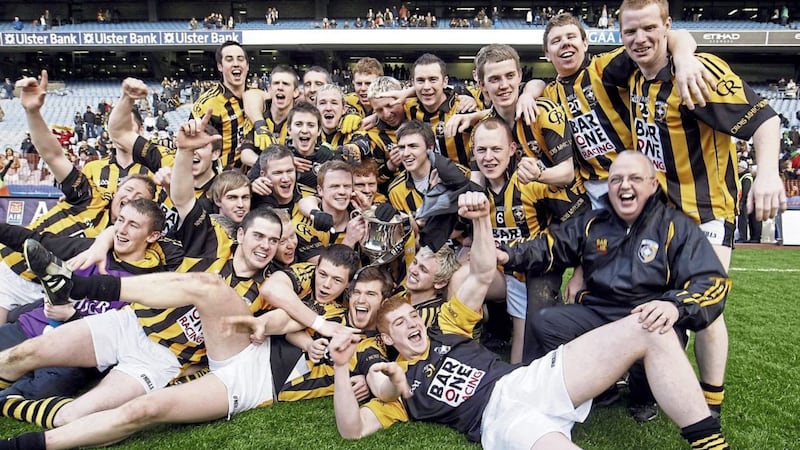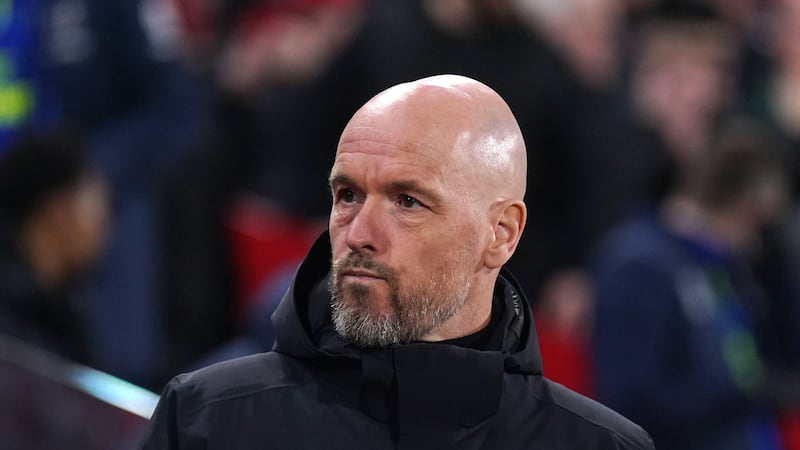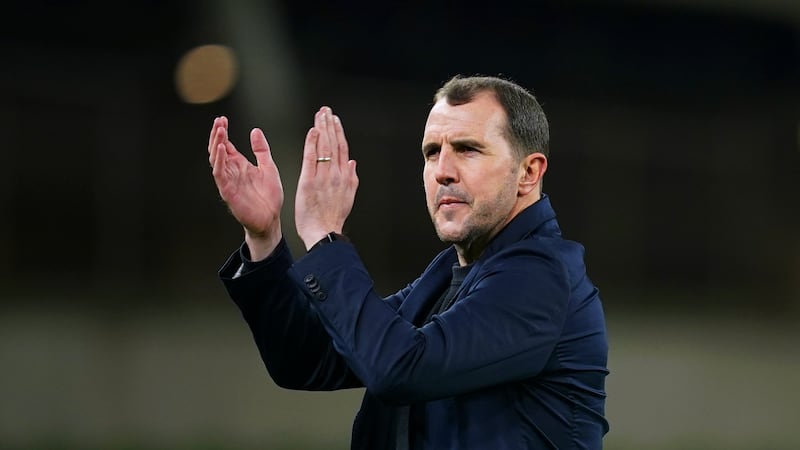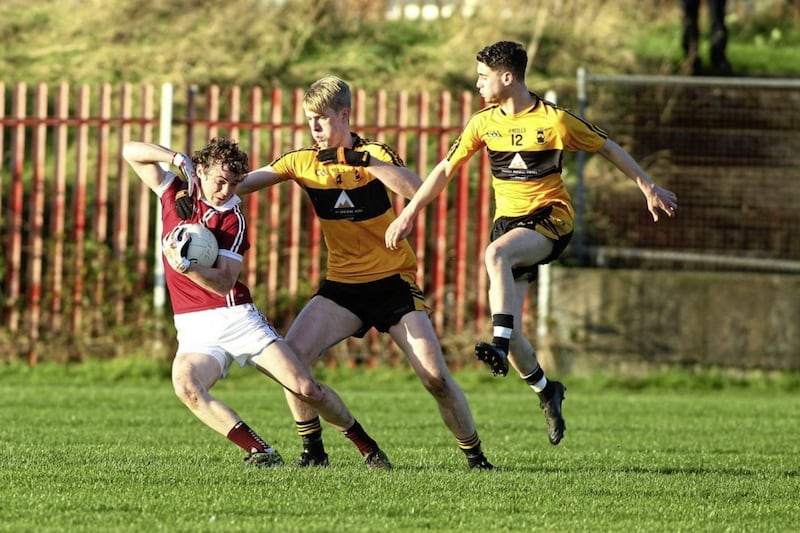LIFE gives us many challenges, some of which are relatively simplistic and can be remedied with a quick fix.
Others are much more stubborn and take up an inordinate amount of time and effort.
After a while, our focus veers off the problem’s origin and is shifted onto the consequences generated. It is similar in some ways to our experiences visiting our GP when you receive medication for a symptom such as headache rather than tackling the sleep deprivation which causes the headache.
In business management, one tool often used to get to the root of a problem is ‘The Five Whys’ tool. It is a relatively simplistic and adaptable tool.
Basically, once a team of people is assembled, someone asks why the problem is occurring. Four further ‘whys’ in succession are posed as an aid to drill down into the responses generated. Hopefully, by the end of this exercise, there is an answer everyone can agree with.
Sometimes I ask myself did children invent this tool.
Sit in a car with a kid who has just taken part in a match in which there is no winner and you will understand why.
Problem: scores aren’t counted. Daddy, did we win? Response: don’t know son, the referee doesn’t count the scores.
Kid: Why? Response: because some adults working for the GAA thought it was best that scores are not counted in games for your age group.
Kid: Why? Response: Because at your age the important thing is that you participate and enjoy the game.
Kid: But that is silly, why? Response: Because it is not fair for one team to lose.
Kid: That’s even sillier, sure didn’t Mayo lose the All Ireland final. So why can’t we lose a game? Response: Just because.
Kid: Why? Response: It just is, now stop asking.
Sometimes it is hard being a Da!
Kids are not stupid. They know when their team plays well or when they are roundly beaten. They also know when a game is tight and will wonder if they have won or lost. This curiosity eventually wanes by October as the underage season concludes – a little light at the end of the tunnel for encumbered parents.
I’m sure I could approach any knowledgeable GAA official and be given a perfectly valid reason why games are played in this way. My guess is that officialdom feel competitive games are bad for all-round child development and can damage one’s self-esteem. This response bores me and frustrates me in equal measure. Participating in non-competitive games has some benefits such as teaching leadership skills and team work. It improves our physical health and improves our mood.
What it does not do is teach us how to cope with failure or the emotional discomfort that comes with competitions. Nor does it teach us how to understand that winning or losing is not what is important.
It does not prepare kids for life’s challenges. Some of the best life lessons have come from not being on the winning side, they’ve come from the narrow one-point defeat. They’ve come from not making the first team. And they’ve come from learning how to pick ourselves up and refocus on what’s next.
Listen to Dublin’s Jim Gavin following his Allianz National League final defeat to Kerry and you will hear him say ‘we have learned a lot from today, it will make us a better team’.
Are our kids any different? Even on the field of play, it is the chance of winning which encourages and motivates players to give their best and to be someone they don’t often get the chance to be.
Crossmaglen were often called a lucky team by our opponents. We made our own luck because we had the mental toughness instilled into our fibre from years of coaching which promoted a competitive culture.
Our underage coaches would have played games in training in which the first team to 20 scores would win, or have a scenario whereby the next score wins.
It’s funny how you can be overcome with a sudden burst of energy if you have one chance to win a match.
It is often said that one small change can have an enormous impact. It is known as the ripple effect. I often wonder what will impact introducing non-competitive games at U8 and U10 will have on the Irish? Will we see a cultural shift in the Irish psyche whereby, as a nation, we are no longer risk-takers, that we will no longer try to make our own luck, whereby we bow down to other nations in sport or business because we are programmed at
an early age to fear failure.
It is time we stopped lying to our kids. We need to recoil from being a big ‘nanny organisation’. The younger we work on our children’s physical and psychological wellbeing the better prepared they will be to deal with failure on and off the field, and ultimately the greater is their chance of success.
I want us to be praising the GAA for harnessing potential rather than for restricting development. ‘The luck of the English’ doesn’t have the same ring to it as
‘The luck of the Irish’.








